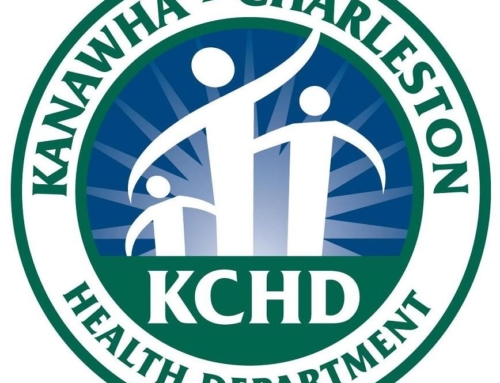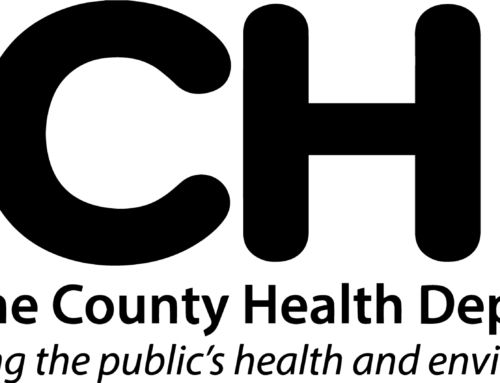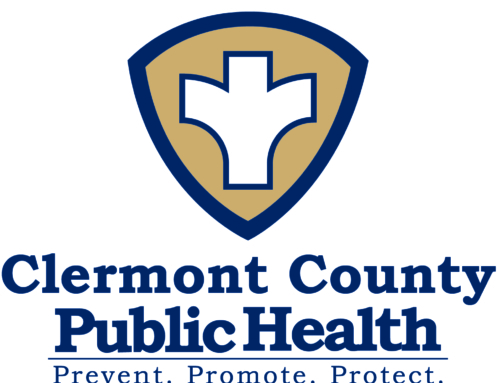
Accreditation is Catalyst for Agency-Wide Quality Improvement at Williamson County and Cities Health District in Georgetown, Texas
By Justine L. Price, MPH, CPH, CIC
The Williamson County and Cities Health District (WCCHD) in Georgetown, Texas, became PHAB-accredited on August 17, 2016. Accreditation has improved our agency in many ways, but nowhere is this more evident than when it comes to quality improvement. The accreditation process itself is an act of quality improvement: measuring agency performance against domain standards, and then reconciling internal processes and paperwork to ensure consistency in achieving the desired performance. Participating in that process changed our very culture, and how we approach our work.
Now, our activities are viewed through the lens of Plan-Do-Check-Act (PDCA). Staff and stakeholders work collaboratively to tackle challenges, beginning with strategic planning. A project team comprehensively develops objectives, success measures, and deadlines, to hold the team accountable for completing the project or initiative. The planned change is then implemented for a prescribed period of time. Afterwards, the results are checked against the objectives to determine if the change yielded an improvement. Ultimately, those steps inform whether we begin adopting the change regularly or return to the planning board and attempt a new strategy.
Since becoming accredited our agency has continued to build its culture of quality, forming a Quality Management Committee of “Quality Champions” – cross-functional team members who can train and assist staff across the agency, on projects big and small. Their efforts are reflected in the 35 Quality Improvement cycles reported in 2017, as well as the substantial improvements we’ve made to larger agency initiatives.
In 2017, WCCHD adopted AchieveIt as our comprehensive performance management system. This quality improvement component adds a layer of accountability, allowing for all staff to track and measure progress toward the goals in our Strategic Plan. Our foundational documents, like the Community Health Improvement Plan (CHIP) and Community Health Assessment (CHA) have also been transformed through quality improvement efforts. Our CHA emphasis has shifted toward engaging the community as active participants, to drive the process and help form a more representative picture of health in our county. The use of an improved, mixed-methods approach – including bilingual surveys, expansion of drop boxes, and distribution through the Nextdoor app – has resulted in a groundswell of community participation. While our previous CHA cycle had fewer than 360 responses, the current cycle has already returned over 1800 in less than two weeks. The answers provided by our community members will inform more detailed research questions, to augment findings from focus groups and a Community Assessment for Public Health Emergency Response (CASPER).
These are just a few examples of how a budding quality improvement (QI) culture is transforming our work across the board. Accreditation and the process of aligning agency efforts with standards outlined in the 12 PHAB Domains proved crucial to helping establish this culture. Our QI efforts ensure that we are consistently operating at our best and ultimately improving outcomes for the communities we serve. When it comes to creating and sustaining a QI culture, accreditation works!
Williamson County and Cities Health District in Georgetown, Texas, was awarded national accreditation through the Public Health Accreditation Board on August 17, 2016.
About the author: Justine L. Price, MPH, CPH, CIC, is Quality and Strategic Management Director at Williamson County and Cities Health District in Georgetown, Texas. Contact her at 512-248-3205.
⇒ Other major benefits gained as a result of going through the accreditation process:
- Documentation is the key to quality improvement and we are more deliberate due to accreditation.
- Accreditation has encouraged more networking opportunities with other health departments.
- Accreditation has encouraged consistency of local public health messaging throughout the nation.
- Accreditation has encouraged us to be more mindful of how public health works at the system level.




